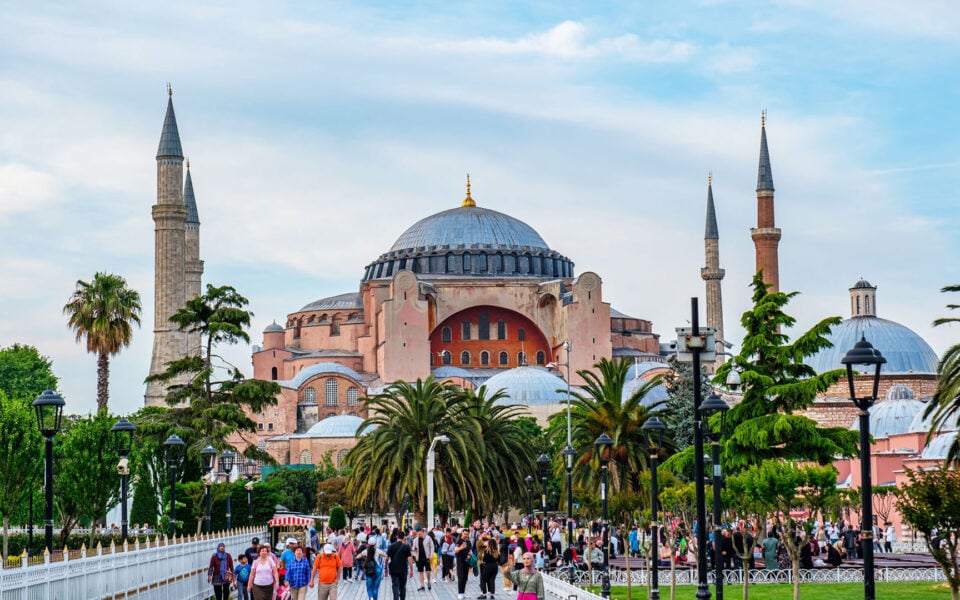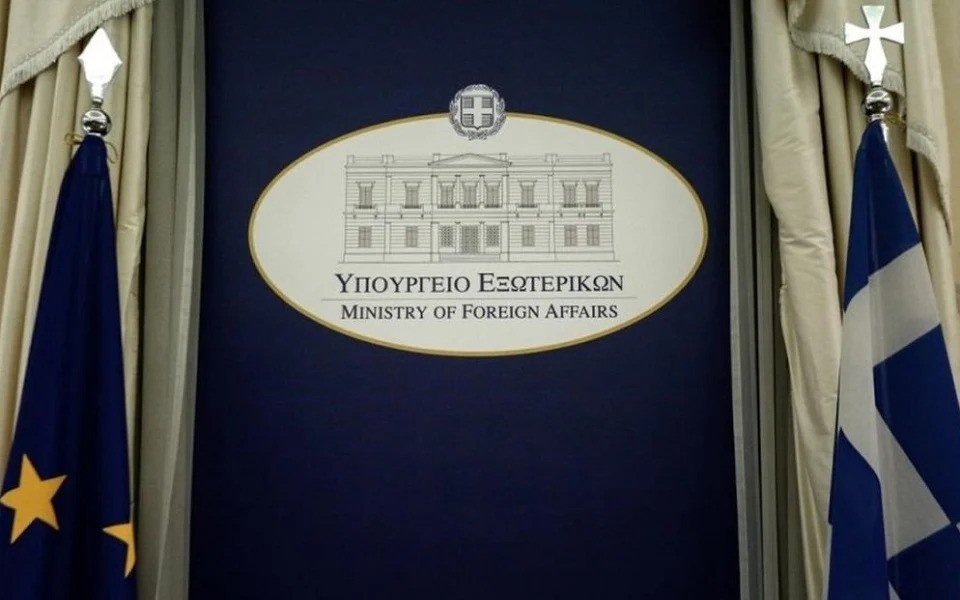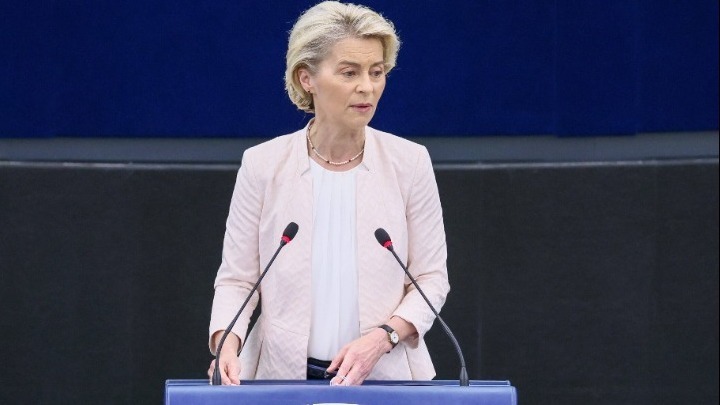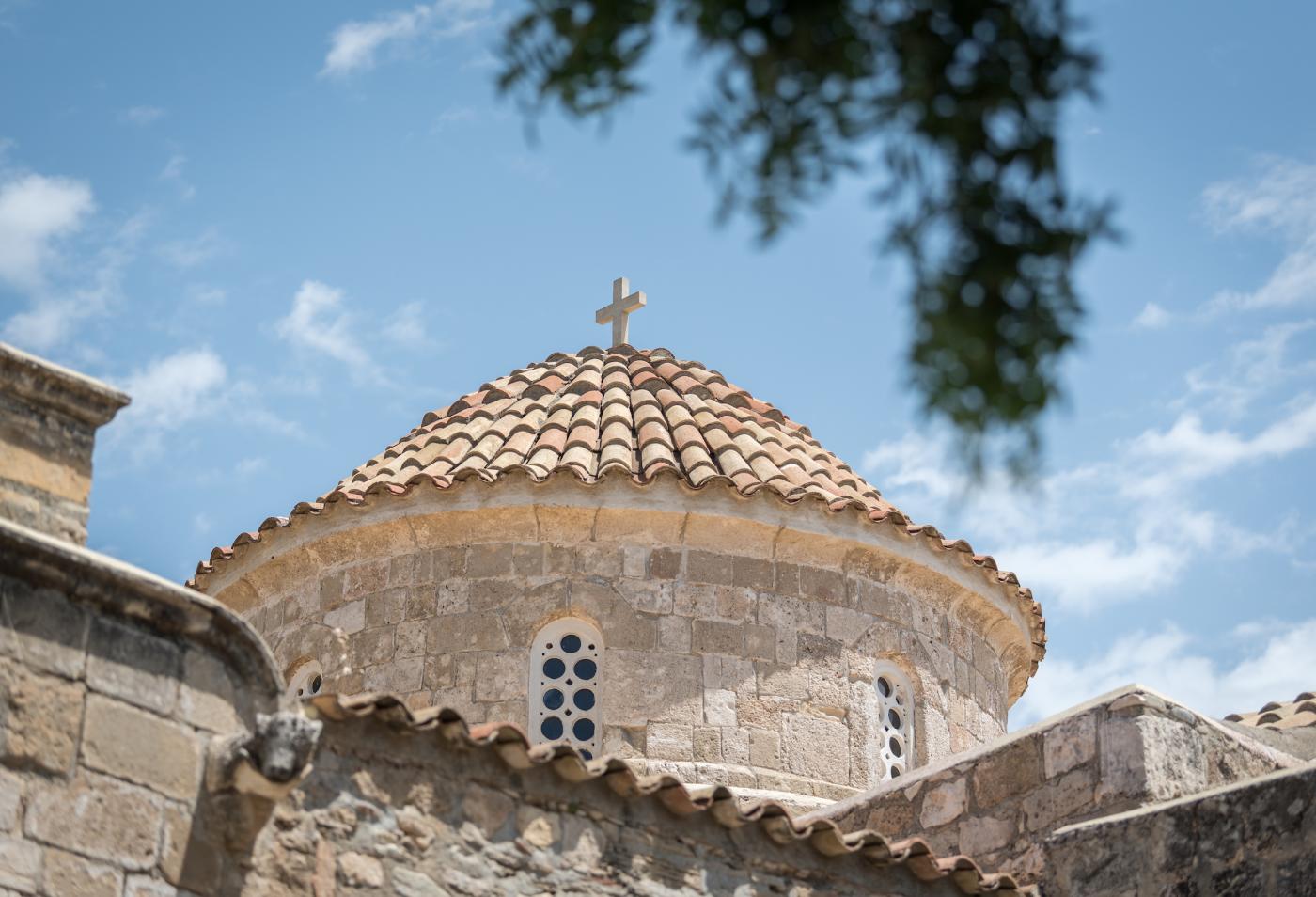WCC addresses territorial crises in Cyprus


The WCC central committee expressed continuous concern about two significant territorial crises in the eastern Mediterranean: those within Palestine and Israel, and those within Cyprus.
“These politically driven conflicts have resulted in illegal occupations that have spanned decades,” reads a minute released by the governing body.
Palestine and Israel
Regarding Palestine and Israel, the minute notes that 2022 was the deadliest year in recent history. “Home demolitions, land annexations, and violations of international human rights law continue in the West Bank and in East Jerusalem, hindering all efforts for peace and coexistence,” reads the minute.
The central committee urges the international community to assume a greater role in supporting the protection of communities, and also calls on the international community “to take an active role to help reverse violent trends and to initiate practical solutions to achieve just and sustainable peace for all in the Holy Land, independent of political agendas and economic interests.”
The minute also encourages WCC member churches and partners “to support and maintain the vital and precious work of WCC programs in Israel and Palestine as part of the continued Pilgrimage of Justice, Reconciliation, and Unity.
The central commuter appeals to the WCC leadership “to facilitate a safe space for dialogue among its members.”
Cyprus
Regarding Cyprus, the minute notes the destruction of churches and also notes the government of Türkiye “continues to build additional housing in the occupied parts of Cyprus in order to move in some of the displaced refugees impacted by the recent earthquake.”
The minute also reflects that “the visit of the Turkish president to Cyprus asking for international recognition shows a lack of respect for international law and weakens the efforts by the United Nations to negotiate a solution to the dispute.”
The central committee urges the international community “to strengthen its position on the situation in Cyprus, to support more intensive diplomatic efforts to secure a resolution based on the applicable principles of international law, and to support the continuation of encounters and confidence-building between the religious communities of the island for peaceful coexistence.”
Source: oikoumene.org





